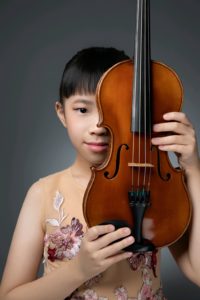 10 Reasons Why Classical Music is Still Relevant Today
10 Reasons Why Classical Music is Still Relevant Today
Classical music has stood the test of time and remains highly relevant in today’s world. Here are 10 reasons why classical music continues to be influential and significant:
- Timeless Beauty: Classical compositions possess enduring beauty and emotional depth that resonate with listeners across generations.
- Historical Significance: Classical music provides insight into different eras, reflecting the cultural, political, and social contexts of its time, making it a valuable historical record.
- Emotional Expression: Classical music offers a wide range of emotions and moods, providing a cathartic and emotional outlet for both performers and audiences.
- Skill and Precision: The intricate compositions demand exceptional skill and precision from musicians, showcasing the highest levels of musical craftsmanship.
- Inspiring Innovation: Classical music has historically inspired innovation and experimentation, leading to the development of new musical genres and styles.
- Cognitive Benefits: Research suggests that listening to classical music can improve cognitive functions, enhance concentration, and reduce stress.
- Cross-Cultural Appeal: Classical music transcends cultural boundaries, connecting people worldwide through its universal language of sound.
- Influence in Popular Culture: Classical music has left a profound impact on various genres, influencing contemporary artists and film composers.
- Educational Value: Studying classical music provides a solid foundation in music theory, history, and technique, benefiting musicians across genres.
- Live Performances: Classical concerts offer unique and captivating live experiences, allowing audiences to connect with the music and performers on a profound level.
In conclusion, classical music’s enduring beauty, historical significance, emotional expression, and cognitive benefits ensure its continued relevance in today’s world. Its ability to inspire, connect, and educate underscores its importance and enduring appeal.
